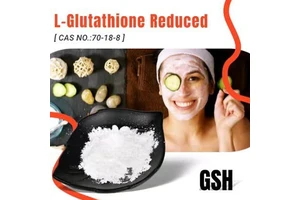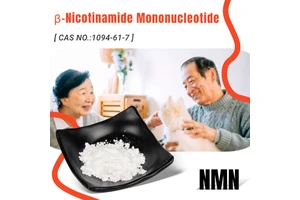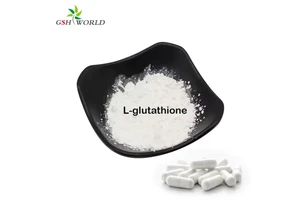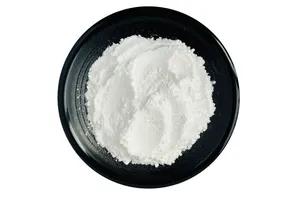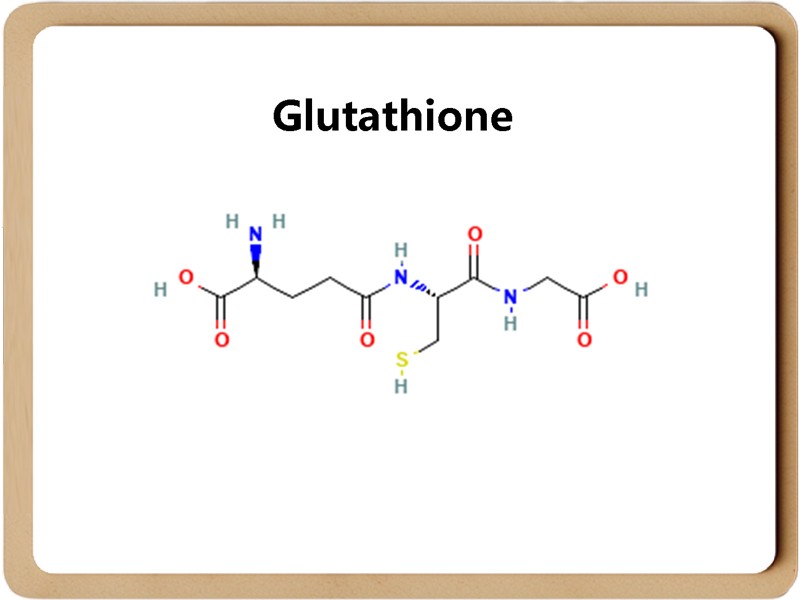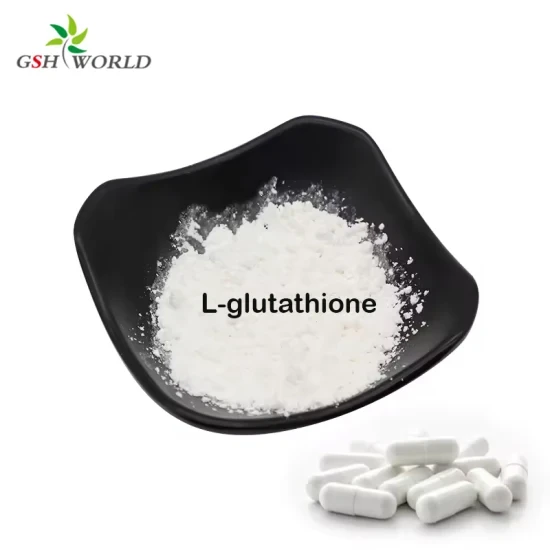Amino acids and glutathione
reducing property of organic substances: ability to provide hydrogen atoms (H)
Glutathione is a tripeptide composed of three amino acids: glutamic acid, cysteine and glycine. It is one of the most important and powerful antioxidants in human cells and is known as the "Mother of Antioxidants" or "Master antioxidant". Its functions are very extensive and crucial, and can mainly be divided into the following aspects:
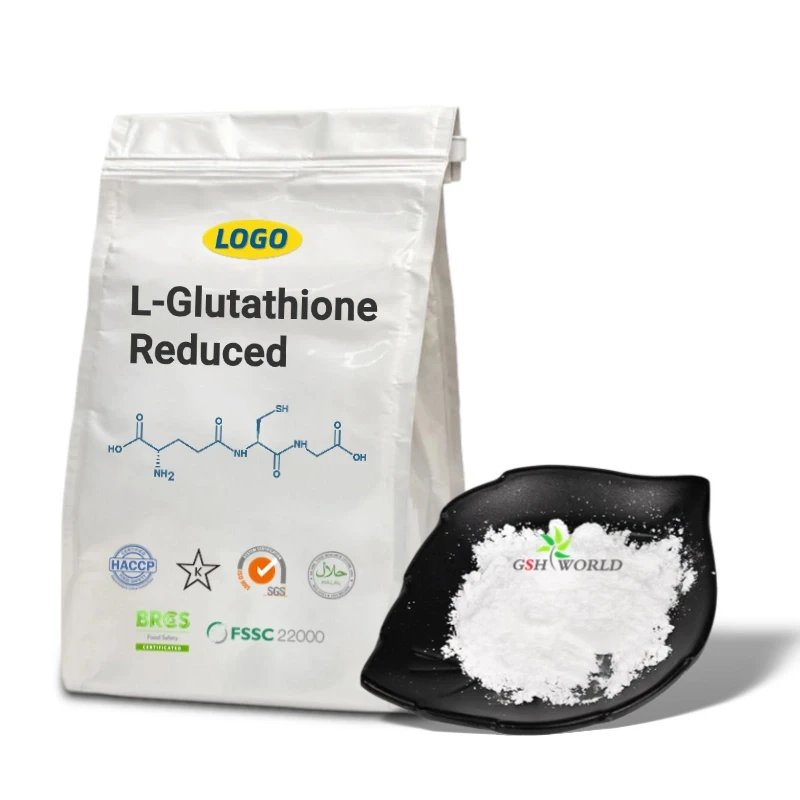
1. Powerful antioxidant effect
This is the most core function of glutathione.
Regenerating other antioxidants: The uniqueness of glutathione lies in its ability to "recycle" and "regenerate" other antioxidants, such as vitamin C and vitamin E, restoring their activity and allowing them to continue functioning. This makes the entire antioxidant defense network of the body more efficient.
2. Detoxification function
Glutathione is the main detoxifier in the body, especially with the highest concentration in the liver.
3. Immune system support
Glutathione is crucial for the normal operation of the immune system.
4. Cell metabolism and DNA synthesis repair
Glutathione is involved in many important cellular processes.
· Protein and DNA synthesis: It is an essential component for the synthesis and repair of DNA and the production of proteins.
· Enzymatic reactions: Participate in the activation and biotransformation reactions of various enzymes.
5. Delay aging
As oxidative stress is one of the main drivers of aging, glutathione, through its powerful antioxidant capacity, helps:
Protect skin cells and reduce the formation of wrinkles and age spots.
Slowing down the overall aging process of cells is related to longevity.
The human body can synthesize glutathione on its own, but its level will decline with age, stress, unhealthy diet, environmental pollution, diseases and other factors.


